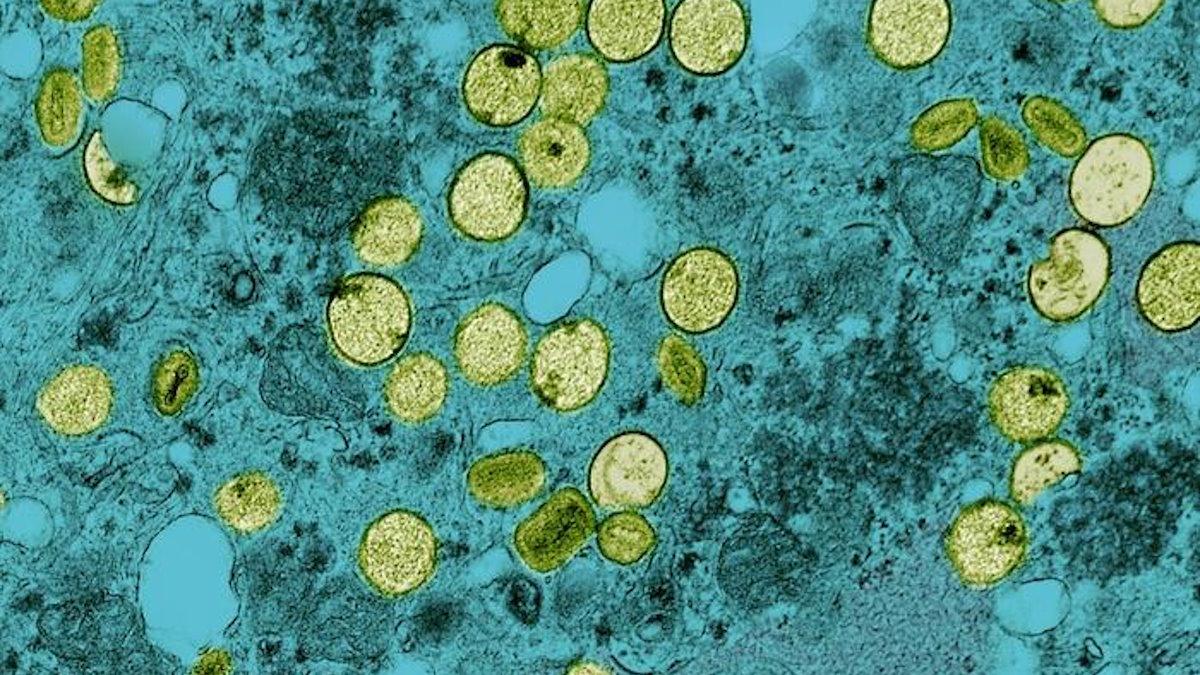NIH study backs Bavarian Nordic mpox jab for adolescents

Colourised transmission electron micrograph of mpox virus particles
An independent study has found that Bavarian Nordic's mpox vaccine Jynneos – currently only authorised for use in adults in the US – is also safe and generates a strong antibody response in adolescents.
The study by researchers at the National Institutes of Health (NIH) in the US is important as adolescents are among the population groups affected by the current Clade Ib mpox outbreak that has resulted in more than 30,000 suspected cases in Africa – centred around the Democratic Republic of Congo (DRC) – and has also spread to Europe, the US, and Asia. Younger people are also considered to be particularly vulnerable to the disease.
"A large proportion of people affected in the current Clade I outbreak in the DRC and other African countries are adolescents and children," said the NIH in a statement on the trial data, which was presented at the IDWeek2024 conference in Los Angeles.
Interim results from the NIH study enrolled 229 adolescents aged 12 to 17 and showed that Jynneos generated average antibody levels that were equivalent to those seen in adults.
Bavarian Nordic's vaccine – also known as Imvanex and Imvamune – has been approved in the US, Europe, and Canada for the prevention of mpox and smallpox in adults for a few years and is already playing a key role in controlling the current outbreak.
In September it became the first mpox vaccine to be granted "prequalification" status by the World Health Organization (WHO), which covers essential medicines and opens the door to use by the UN and other non-governmental organisations.
Earlier this week, the agency extended that status to include adolescents, following the lead of the European Commission that also gave a green light to use in the 12 to 17 age bracket in September. Now, the hope is that the NIH data could also prompt an extension of Jynneos' label in the US.
In the meantime, Bavarian Nordic is also preparing a trial of the shot in children aged between two and 12, which will be funded in part by the Coalition for Epidemic Preparedness Innovations (CEPI).
WHO Director-General Tedros Adhanom Ghebreyesus gave an update on the current mpox outbreak this week in which he noted that more than 19,000 people in DRC most at risk of mpox – including health workers and close contacts of infected people – have now been vaccinated.
He also expressed concern, however, that testing for mpox in DRC was lacking, suggesting that suspected cases of mpox are being confused with other diseases, such as measles or chickenpox, which can have similar symptoms.
"While most suspected cases in Burundi, Uganda, Kenya and Rwanda have been confirmed or ruled out by testing, in DRC, less than half of suspected cases have been tested, and only around half of those have been positive," Tedros said.











